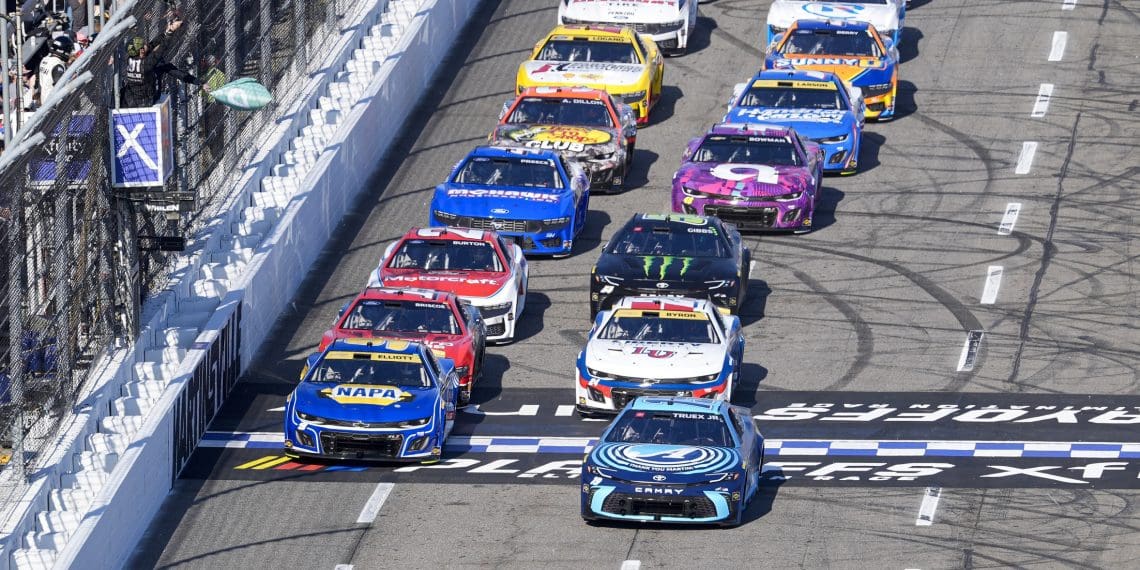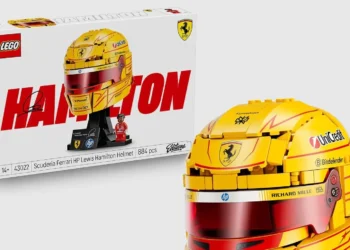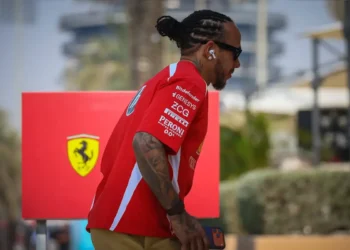Long gone are the days when NASCAR fans could proudly boast about how much their favorite driver pocketed for a race win or season-long performance. Today, the payout system remains shrouded in secrecy, leaving fans nostalgic for an era when earnings were a point of pride and transparency was the norm. Recently, respected NASCAR journalist Jeff Gluck shed light on the reasons behind this shift and how the charter system has made the once-straightforward process far more complex.
Why Did NASCAR Stop Sharing Race Winnings?
According to Gluck, NASCAR initially justified the decision by downplaying the importance of prize money to fans.
“I think it started with NASCAR not wanting — they said, ‘Oh, fans don’t care about the money part of this,’ which I think fans definitely do.”
However, the deeper reason for the change lies in NASCAR’s charter system, introduced in 2016. Under this model, race payouts are no longer a simple, linear calculation based on finishing positions. Instead, teams receive their earnings through multiple “buckets,” which factor in:
- Charter ownership agreements
- Performance-based payouts
- Historical team success
- Guaranteed minimums for chartered teams
This convoluted structure makes it difficult to clearly define how much each driver earns per race, a stark contrast to the straightforward prize disclosures of the past.
“There’s several different buckets you get paid from. And so, it’s not as straightforward as, ‘OK, you finished 13th in this race so you get X amount of dollars.’”
Nostalgia for Transparency
Gluck admitted to missing the days when payouts were public knowledge, offering fans a tangible measure of success beyond trophies and points.
“But I used to think that was really cool. Even Racing Reference, now you look back in the day and say, ‘Oh, Jeff Gordon made X amount of dollars this season, wow, that’s incredible.’”
Fans could celebrate a driver’s performance not just by their wins but by the monetary value of their success. It created an added sense of competition and spectacle, emphasizing the high stakes of NASCAR racing.
Should NASCAR Bring Back Prize Money Disclosures?
Fans largely agree with Gluck: knowing the payouts added another layer of excitement to the sport. A big-money victory at Daytona or a hard-fought top-5 finish could be quantified and celebrated.
While NASCAR may argue that the charter system complicates transparency, a compromise could involve disclosing race-winning payouts or season-long earnings for clarity and fan engagement.
As Gluck points out, the connection between prize money and fan interest is far from dead. NASCAR’s decision to keep payouts under wraps has stripped away some of the sport’s historic charm and drama. Whether NASCAR will listen to fans and embrace transparency once more remains to be seen.
For now, the call for change is growing louder, with fans yearning for a glimpse into the financial stakes that define NASCAR’s elite.










